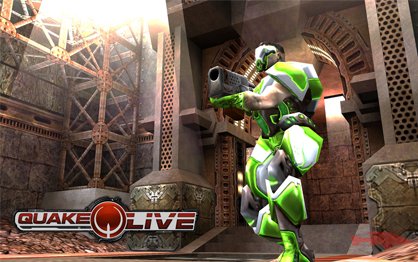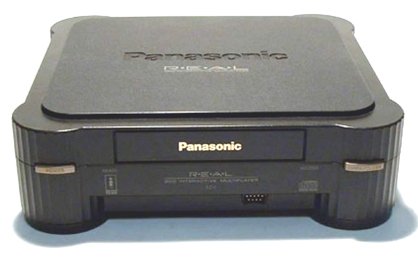How likely is Kojima's dream of a console-less future?
The Metal Gear Director predicts the death of separate gaming platforms. We put the theory to the test
But how likely is it? This kind of thing has been mooted almost since gaming began, but we still don’t have it. But could we? Do we even want to? Here’s a run-through of the current options and possibilities.
Cloud-based gaming

This is the current main direction championed by the no-consoles brigade. Games that are run on remote servers which simply relay the video output of your controller input back to your screen via a broadband connection. There’s no processing going on in your room, so all you need is a monitor or TV and a way of interacting with the game.
The up-side: It’s massively versatile in terms of the hardware you can use. There’s no need to buy a new console or upgrade your PC every few years. A bog-standard computer or a cheap, dedicated web-device should be all you’ll ever need. And by extension, a portable device with a decent wi-fi connection should bring about the ‘any game, anywhere’ dream rather well indeed.
The down-side: There’s no real physical sense of ownership with any of the games you buy. Yes, you could own the rights to a game, as you do on Steam, but for some of us nothing will ever replace the tactile joy of having a big stack of boxes showing off our collection on a shelf. Also, you can probably forget modding, as all games are held and maintained on the servers, with not a bit of code available in your home. Good for updates, bad for community. Also, if you’ve got a piss-poor internet connection, you’re probably boned.
Plus, with two services (OnLive and Gaikai) competing already, you can forget any ideas of a caring, sharing, single platform dream. Console exclusives might become a thing of the past, but you can be sure as hell that any streaming platform available will be doing deals with publishers from day one.
Quake Live

id’s recent-ish foray into free-to-play fragging can be seen as a version of this sort of thing. Operating as a browser plug-in available via free download, you can play Quake 3 Arena’s deathmatch on any computer with a half-decent ‘net connection.
The plus-side: It’s Quake 3! It’s free! So the growth of the community is potentially exponential.
Sign up to the GamesRadar+ Newsletter
Weekly digests, tales from the communities you love, and more
The down-side: That community won’t be able to mod or customise things anything like they can with the original game. And although Quake Live is free-to-play (supported by in-game ads) and could theoretically be adapted for a whole bunch of devices, it’s still limited by hardware. Anyone not using a sit-down, keyboard-and-mouse set-up would be at a definite disadvantage. And although the idea of free games as browser plug-ins is a nice one, Quake 3 gets away with it by being an old game, and thus playable on anyaged rig. If we accepted this model as the mainstream way to play games, we could say goodbye to our much-loved mega-eyecandy.
Browser games

If you’ve ever heard of Facebook, you know about these. You’re spammed with details of your friends’ achievements every single day. But it’s not all Farmville. There are loads of games out there running through their own in-page web portals, and with the addition of iPhone apps a lot of them are fully portable.
The plus side: A huge variety of stuff is available, often exploring design ideas too niche or weird to ever make it on the mainstream store shelves. Phone compatibility also means that you never need to be without them, and lengthy multiplayer games can be drawn out at your leisure.
The down-side: These sort of games are still kind of limited by technology and developer budget, so what you gain in freedom of use, you lose in complexity. Also, certain browser games are so all-consuming they’ll become your lord and master within days. As explained ina certain talefrom this week’s TalkRadar UK.
A single, unified hardware platform

The most ambitious idea, this one, and it’s rarely been attempted. One standardised set of gaming hardware, licensed out to manufacturers, with all games running off the same technical specifications. No more fanboy wars over horsepower. No more platform holders. Throw in a hand-held portable with some kind of remote-play facility and you’re pretty much sorted.
The plus-side: See all of the above.
The downside: No-one would ever accept it. The current platform holders would do the right deals to smash it out of the market within a year of release, and eventually gamers will demand a hardware jump. If a rival company brought one out first and marketed it right, it would be lights-out in no time. 3DO? Yeah? Yeah.



